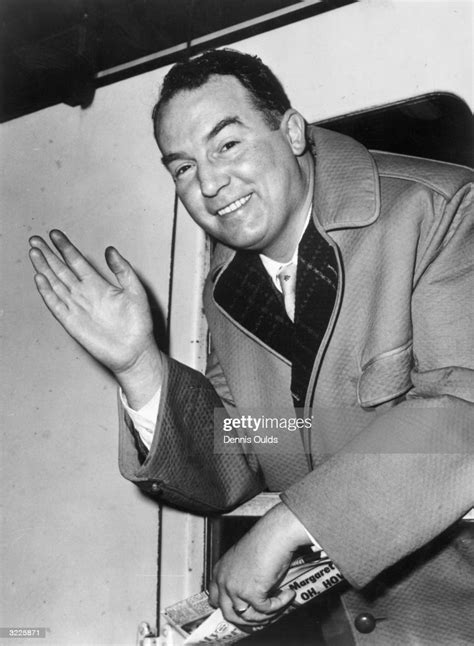A Quote by Lysander Spooner
It is with government paper, and bank paper, as it is with the paper of private persons; that is, it is worth just what can be delivered in redemption of it, and no more. We all understand that the notes of the Astors, and Stewarts, and Vanderbilts, though issued by millions, and tens of millions, are really worth their nominal values.
Related Quotes
Experience, however, shows that neither a state nor a bank ever have [sic] had the unrestricted power of issuing paper money without abusing that power; in all states, therefore, the issue of paper money ought to be under some check and control; and none seems so proper for that purpose as that of subjecting the issuers of paper money to the obligation of paying their notes either in gold coin or bullion.
More paper money cannot make a society richer, of course, – it is just more printed-paper. Otherwise, why is it that there are still poor countries and poor people around? But more money makes its monopolistic producer (the central bank) and its earliest recipients (the government and big, government-connected banks and their major clients) richer at the expense of making the money's late and latest receivers poorer.
I like "Rock, Paper, Scissors Two-Thirds." You know. "Rock breaks scissors." "These scissors are bent. They're destroyed. I can't cut stuff. So I lose." "Scissors cuts paper." "These are strips. This is not even paper. It's gonna take me forever to put this back together." "Paper covers rock." "Rock is fine. No structural damage to rock. Rock can break through paper at any point. Just say the word. Paper sucks." There should be "Rock, Dynamite with a Cutable Wick, Scissors."
I still think of myself as a newspaper guy and you live by deadlines in the newspaper world, so, they don't really give you any excuses. At the paper they never say, "Well, we just won't have Tuesday's paper come out, we'll just bring Tuesday's paper out on Wednesday, so go ahead, take all the time you need." They come out with that paper regardless.
There is no way they should walk out of that place [Wells Fargo] with millions, tens of millions, tens and tens of millions of dollars, when innocent people who actually flagged this culture of conceit and culture of rip off should've been fired while the people who were doing it somehow are able to just resign and reap the big reward. It's just an outrage. It's people who have forgotten decent values towards other people.
When you can sit down with a plain sheet of paper in front of you and make some notes, and, little by little, you see it take shape and become a concept for a movie or a TV show. That's a real thrill. You watch it go from notes on a paper to a meeting with writers and directors and actors. I can't think of anything that's more exciting.
What I've always wished I'd invented was paper underwear, even knowing that the idea never took off when they did come out with it. I still think it's a good idea, and I don't know why people resist it when they've accepted paper napkins and paper plates and paper curtains and paper towels-it would make more sense not to have to wash out underwear than not to have to wash out towels.
We see only the script and not the paper on which the script is written. The paper is there, whether the script is on it or not. To those who look upon the script as real, you have to say that it is unreal - an illusion - since it rests upon the paper. The wise person looks upon both paper and script as one.









































